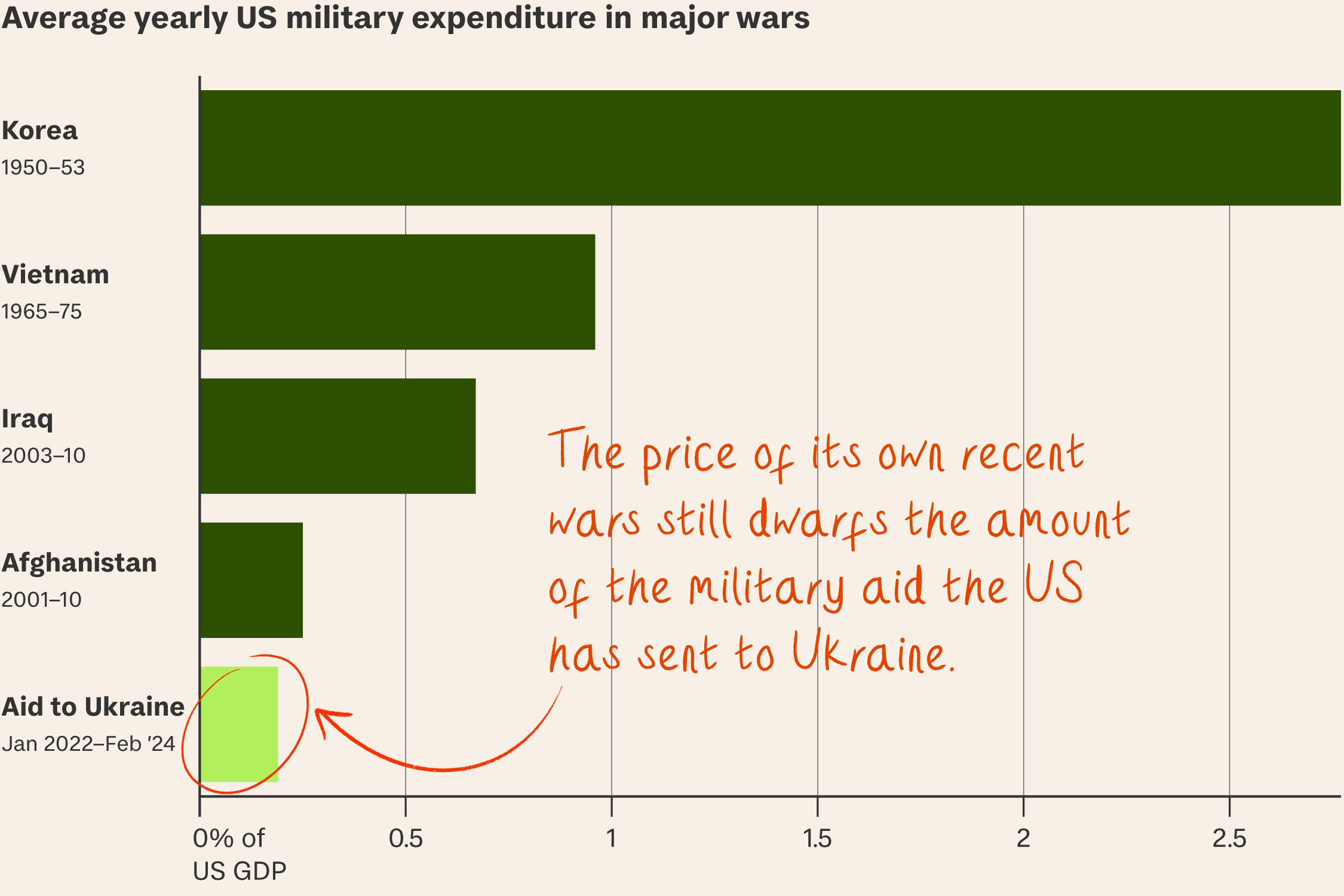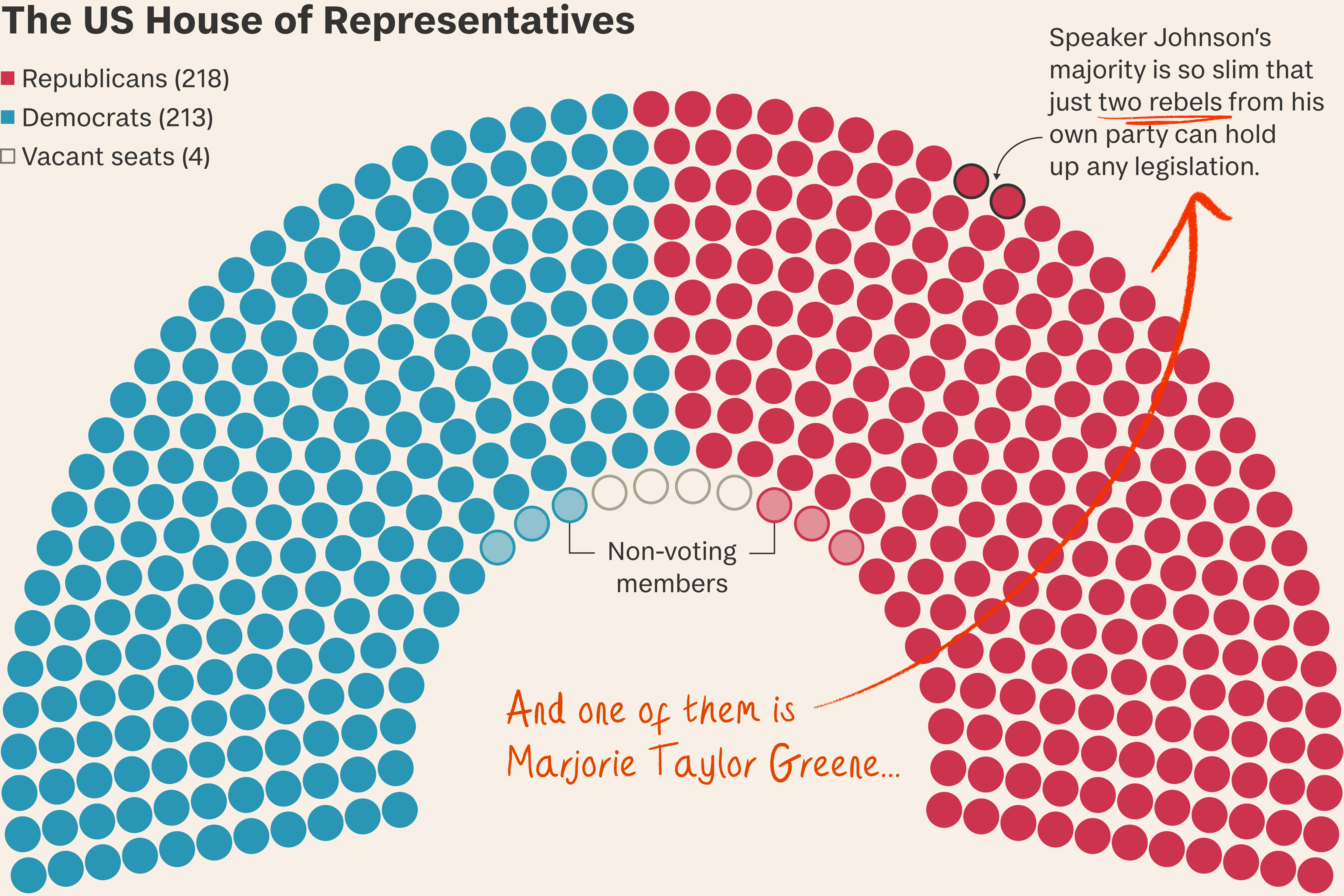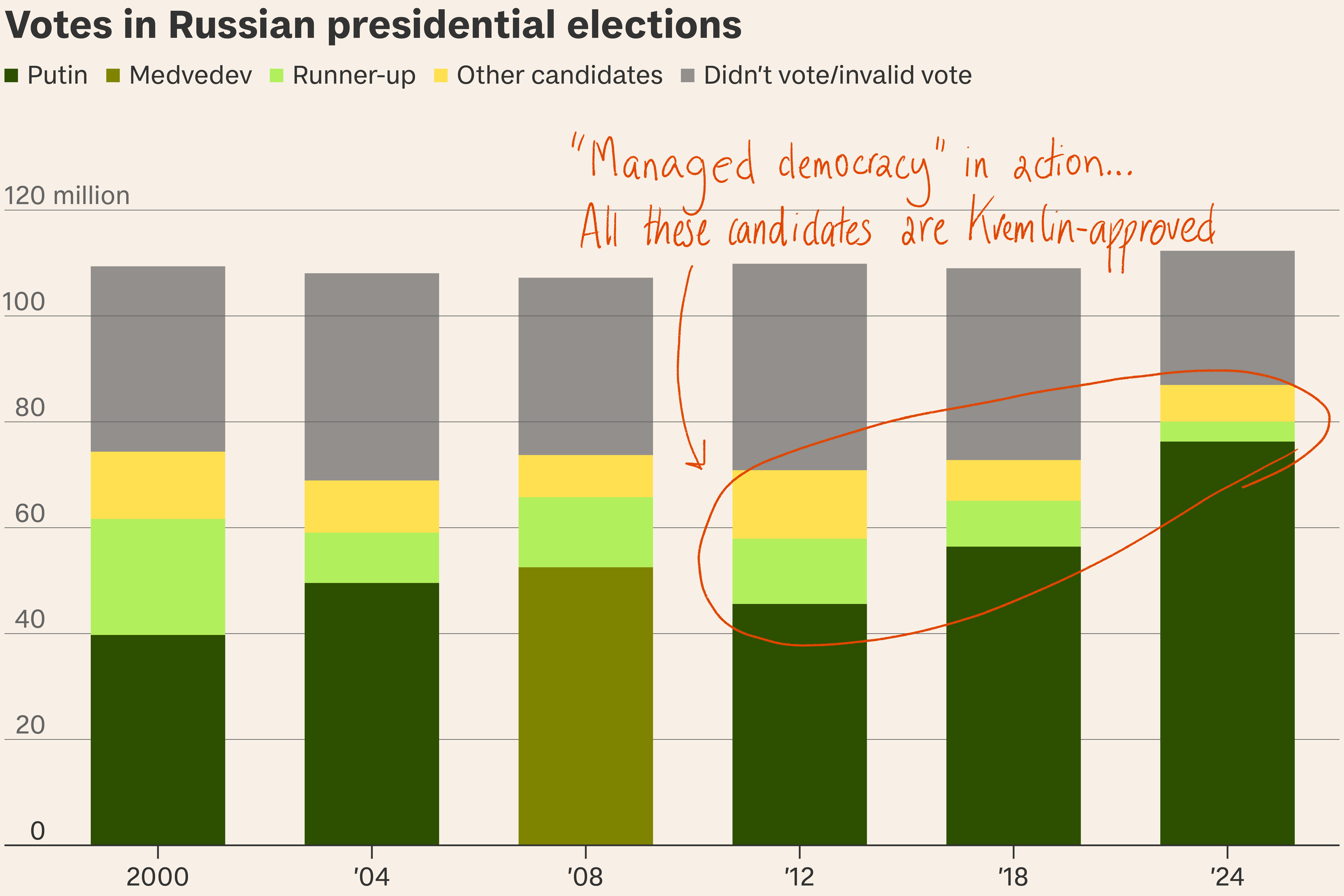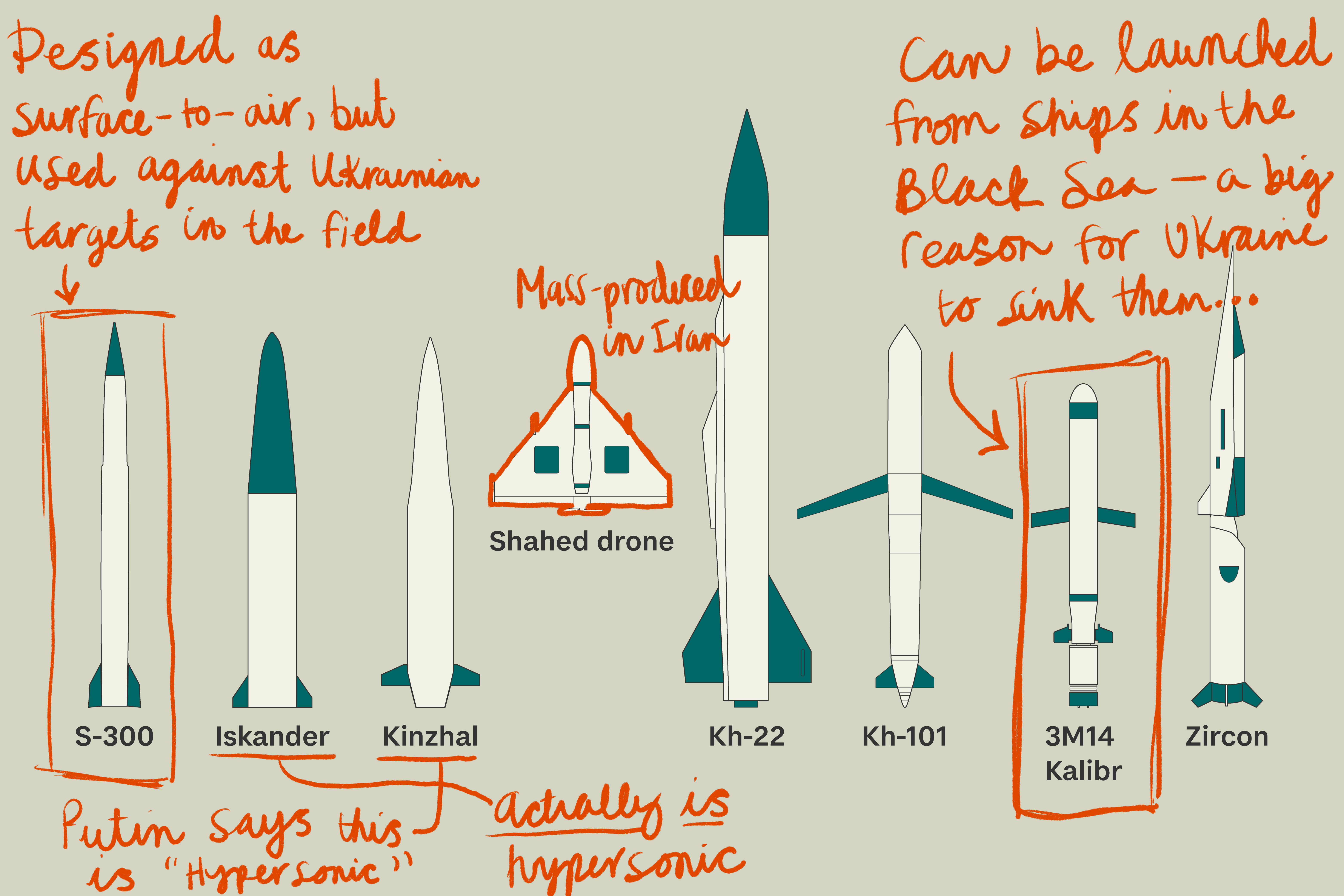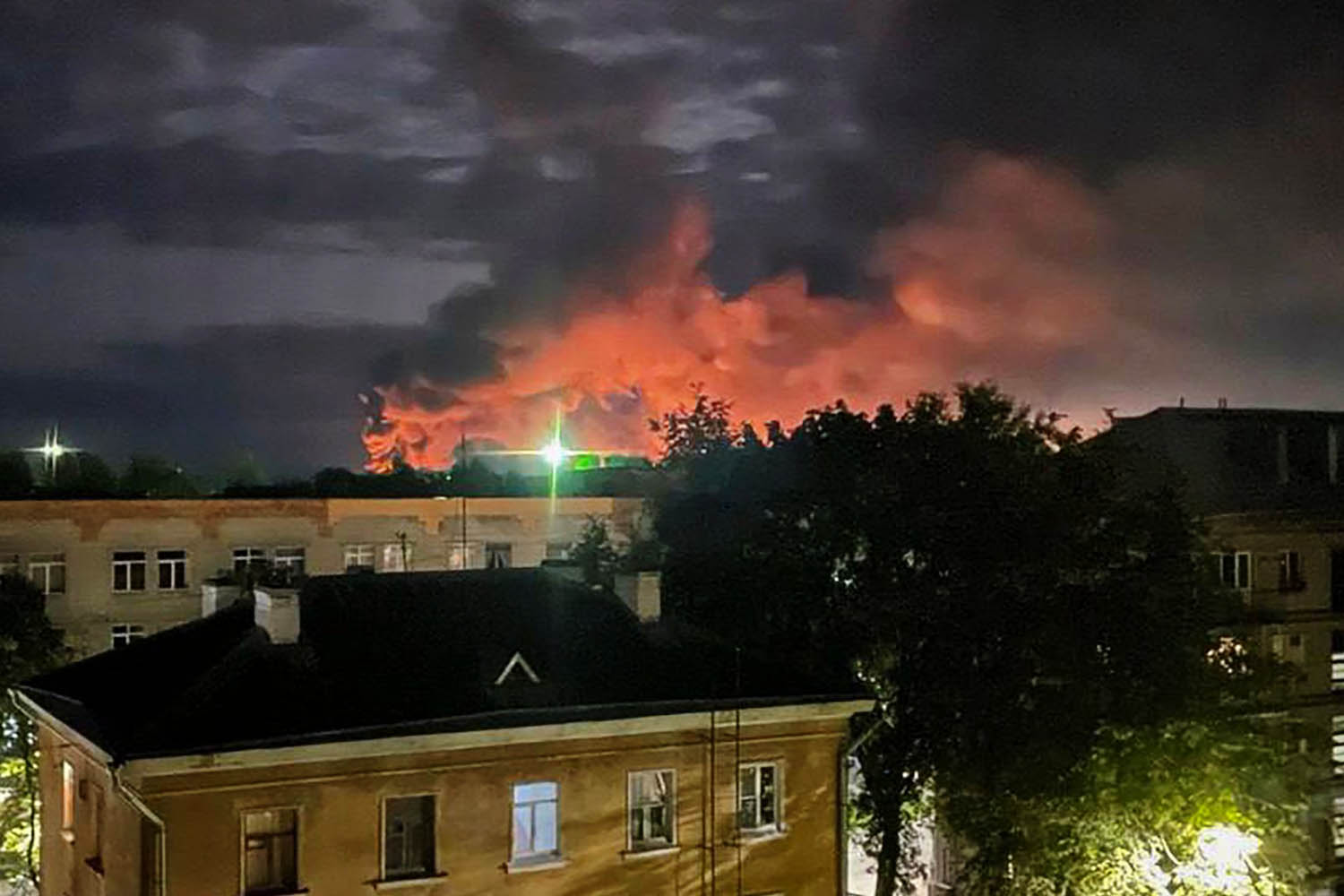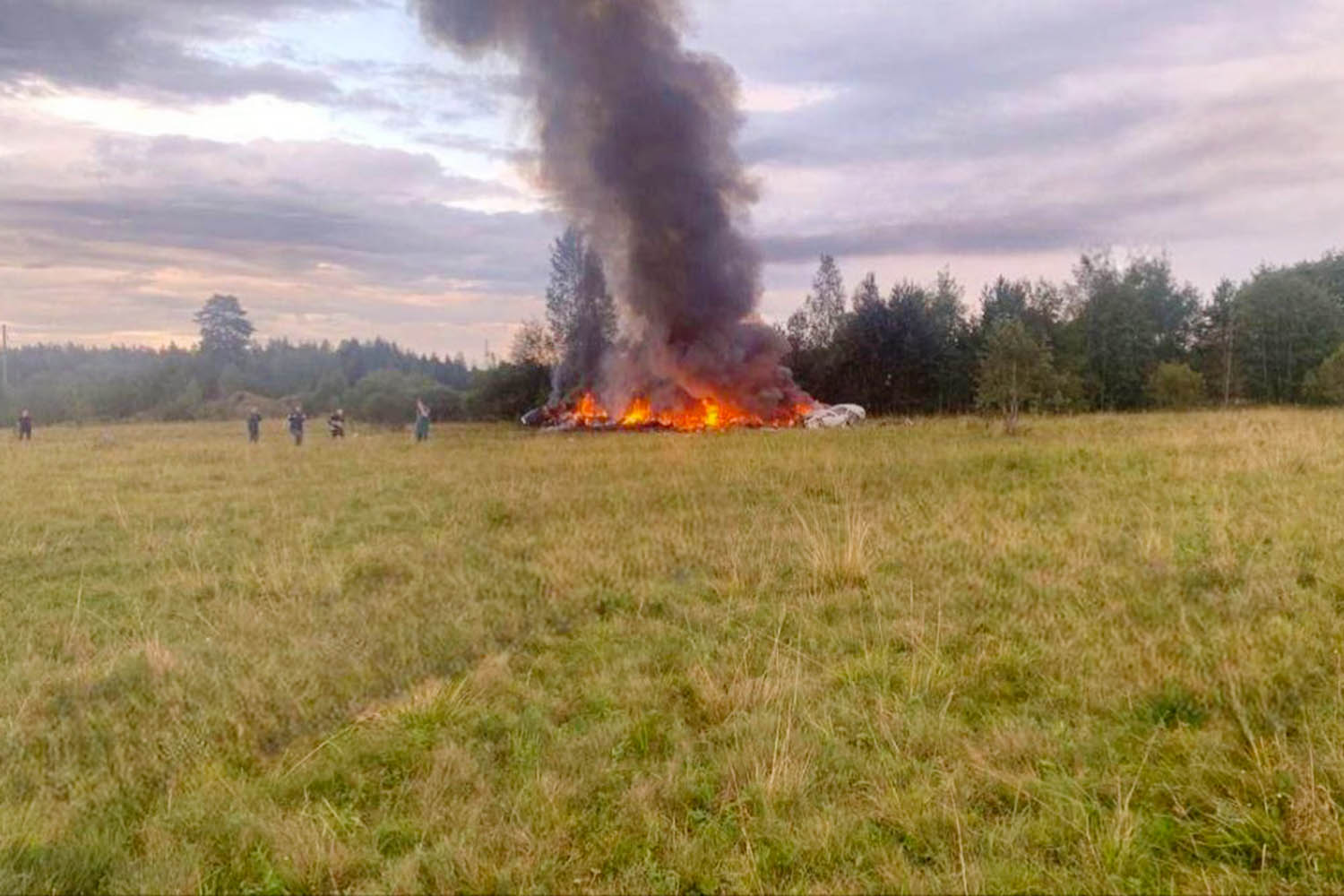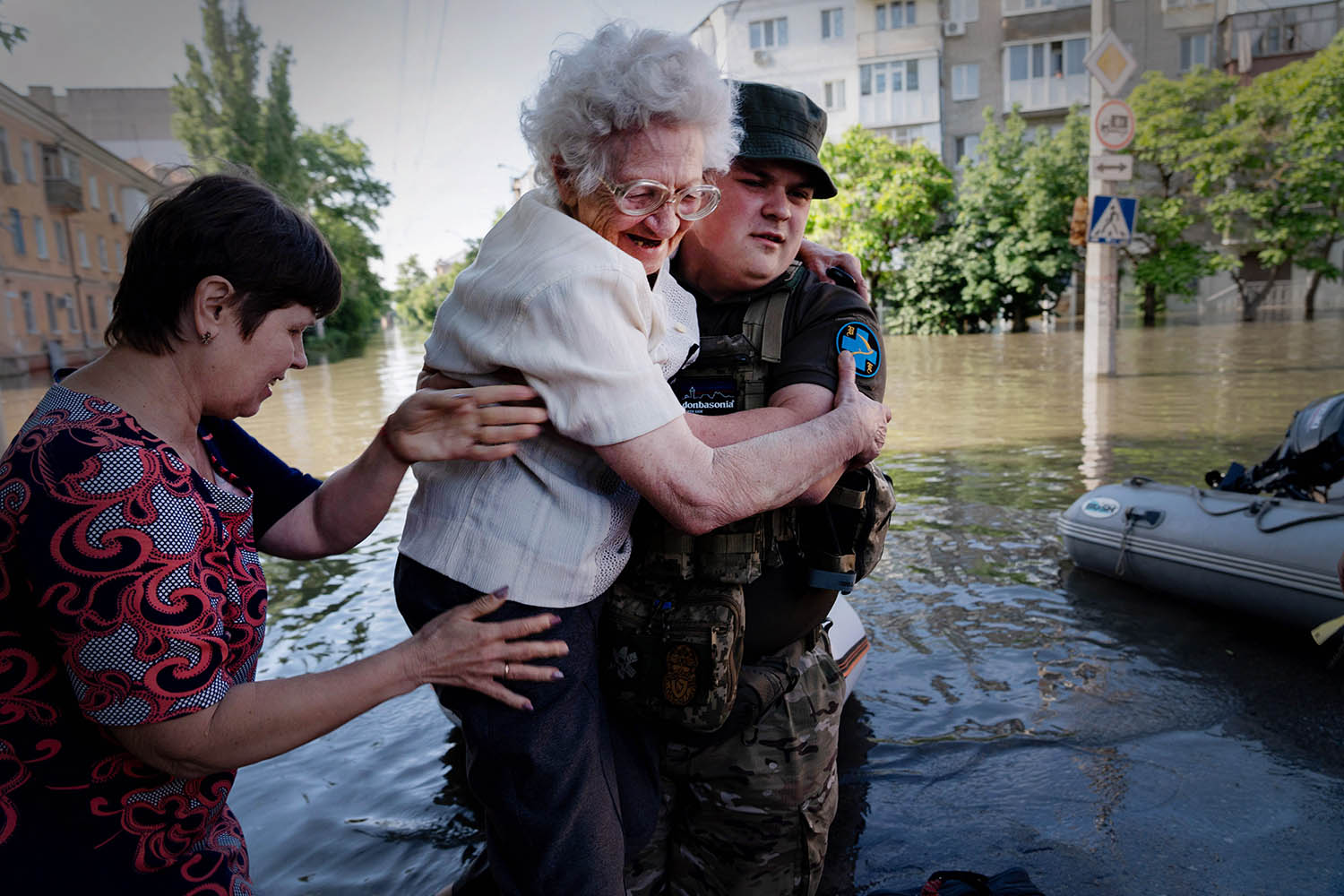What just happened
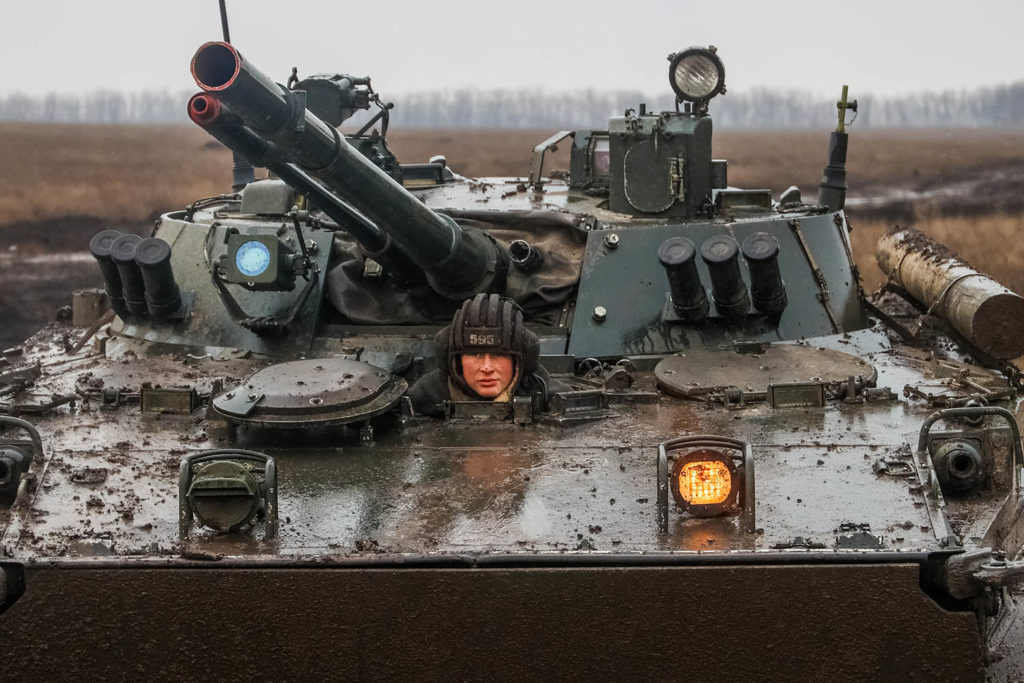
- Cressida Dick resigned unexpectedly as the UK’s most senior police officer after the mayor of London said he was unimpressed by her plans to reform the Met (more below).
- Australia declared koalas endangered in Queensland, New South Wales and the Australian Capital Territory.
- Officials confirmed Kamila Valieva, the 15 year-old Russian skating prodigy, failed a drugs test in December.
Thus Biden on Ukraine, yesterday to NBC. Unfortunately this is true. The Russian forces gathered on three sides of Ukraine are within 50 kilometres of Kharkiv and 80 of Kiev – a one- and two-hour tank ride respectively. These forces have been modernised relentlessly since last used at scale at the end of 1999. And Nato has made clear it will help Ukraine in the event of an invasion, but not send troops.
So yes, things could go crazy quickly. Will they? Here are five reasons to worry:
- Diplomacy isn’t working. Nine hours of quadrilateral talks (Russia, Ukraine, Germany, France) ended yesterday without progress towards implementing the Minsk accord, which would bring a ceasefire in eastern Ukraine. France’s freelancing has raised hopes of “de-escalation” but also grumbling from other Nato members at being left out. And Russia’s description of talks with the UK’s foreign secretary as like talking to a deaf person succinctly lowered expectations of a negotiated breakthrough close to zero.
- The build-up continues. Six Russian troop ships capable of amphibious landings arrived yesterday in Sevastopol, the Crimean port Putin seized six years ago. The estimated total of Russian forces now close to Ukraine’s border is 130,000 including 18,000 air force and navy personnel, and excluding another 15,000 Russian-backed separatists in Donetsk and Luhansk.
- Sanctions aren’t working either. The Russian state and many of its senior functionaries have been under US and EU sanctions since 2014, to no avail. Putin’s sanctioned oligarchs have become more loyal to him, not less, and the threat to Russia’s banks of being banned from the Swift interbank transfer system has not cut through, not least because many of them are already using a home-grown alternative.
- Putin has China. While western democracies boycotted the Winter Olympics’ opening ceremony last week, Russia sent Putin. The sports were a sideshow. The point was to cement a full-spectrum strategic alliance that pipes gas and oil from Siberia to China’s industrial heartland, buoys up Russian export earnings and guarantees mutual support for each of these shameless super-autocracies as they seek to redraw the map in Ukraine and Taiwan respectively.
- The 82nd Airborne has landed – but not so much to help Ukraine as to evacuate fleeing Americans. The fabled spear-tip of US global force projection is setting up receiving facilities for Kiev’s 2,000-odd US passport holders on the Polish side of the Ukrainian-Polish border. Biden’s main aim is to avoid more Saigon-style footage of the kind that wrecked his bid for world-statesman status in the evacuation of Kabul.
So Putin has reason to feel supported in the East and threatened only by bluster in the West should he commit the undoubted folly of invading. Will he? Insofar as he remains a rational actor he will consider the following:
- Nato’s Jens Stoltenberg says the more Russia threatens Ukraine the more it unites the alliance against him. This is at least partly true – even France has sent materiel to Kiev while offering olive branches to Moscow – and it’s the opposite of what Putin intended.
- His season of intimidation has worked well, dragging the US and a succession of European ministers into negotiations on Europe’s security architecture that only he wants, and forcing the idea of Ukrainian neutrality onto the table even if ruling out Ukrainian Nato membership is not. Why spoil a strategy that’s working?
- Russians don’t want war. Polls show they’re against it even if they agree with state media that the West is to blame for this confrontation.
The decline of war, Yuval Noah Hariri writes in the Economist, “is arguably the greatest political and moral achievement of modern civilisation. Unfortunately, the fact that it stems from human choice also means that it is reversible.”
Putin has chosen war before. He destroyed Grozny with a creeping barrage that left it looking like Dresden in 1945. He could choose war again.

Funding truckers
Truckers have now spent over two weeks choking up the Canadian capital to protest against vaccine and quarantine requirements for crossing the border. Washington is now pushing Canada’s government to step in to ease trade and economic disruption from satellite blockades at the Detroit border crossing. But one of the protesters’ more surprising targets is the donation platform GoFundMe. After it shut down a page asking for support for the “Freedom Convoy”, conservatives on both sides of the border stepped in. Steve Scalise, the House minority whip, is demanding a hearing on Big Tech’s alleged silencing of voices it doesn’t like and Florida’s governor Ron DeSantis has said he’ll open an investigation into the takedown of the page – which raised C$10 million before GoFundMe stepped in and announced it would return the cash because it was used to “promote violence and harassment”.
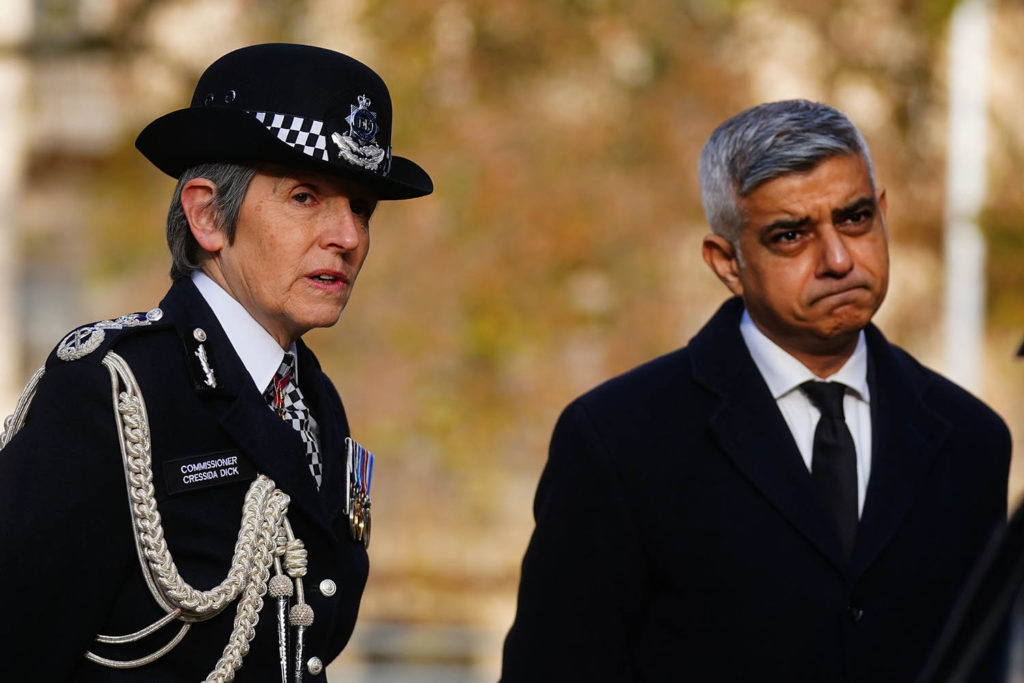
Cressida Dick
As the first woman and the first gay person to lead London’s police force, Cressida Dick seemed like a big part of the solution to the problems of institutional sexism, misogyny and homophobia. In the end, she distanced herself from them instead of owning them, and this was never so clear as in an email sent last week to all 43,000 members of the force telling anyone inclined to discrimination or prejudice: “If this is you… leave now.” Yesterday morning she said she was still determined to stay on in the job, but she blindsided London’s Mayor Sadiq Khan by deciding later in the day to quit rather than attend a meeting at which he’d said he wanted to see a new strategy to reform the force. Faith in her leadership was already wobbly when she defended her staff for their absurdly heavy-handed policing of a vigil for Sarah Everard, murdered in South London by a serving officer last year. Then she saw only rotten apples when, last week, a report on hateful language and behaviour at Charing Cross police station revealed instead a rotten culture.

Solar storm
Forty of 49 communications satellites launched recently by SpaceX have been knocked out of their orbit by a solar storm and will burn up as they re-enter the atmosphere. The satellites were supposed to form part of the Starlink web of mini-satellites, bringing high-speed broadband to every spot on the earth’s surface. But a “coronal mass ejection” on 29 January boosted energy in the earth’s atmosphere, puffing it up to more than its normal thickness and catching the satellites, whose orbit is low. Their loss will cost SpaceX about $100 million, the NYT reports. Astronomers who hate Starlink because it gets in the way of real stars won’t be complaining.
Coughing dinosaurs
Dinosaurs got bad colds too, say palaeontologists from the Great Plains Dinosaur Museum in Montana. When they examined the diplodocid specimen MOR 7029, also known as Dolly, they found bony protrusions that they believe are evidence of a common respiratory illness. If Dolly was sick, her symptoms would probably have been similar to our own experience of a bad flu – sneezing, coughing and a fever. It may not have been fatal though, as diplodocids moved in herds and sick members would likely have fallen behind and been eaten by predators instead. Still, as Carl Woodruff, one of the study’s authors, tells the New Scientist: “I think that’s really cool that you can hold these infected bones from Dolly in your hand and know that 150 million years ago that dinosaur felt just as crummy when it was sick as you do when you’re sick”. It may also shed more light on other illnesses that afflicted dinosaurs in the period. Bad luck for Dolly, good news for palaeontologists.


